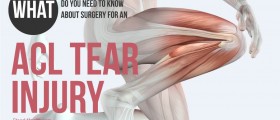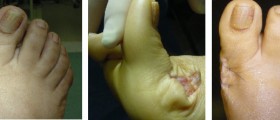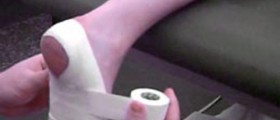
Esophageal Cancer Recovery
In most cases of esophageal cancer surgery (esophagectomy) it is required to remain in hospital for a week. This procedure takes a lot of energy, and the patient is usually exhausted and feels worn out. It is important for the recovery of a person to go back to being active as soon as possible after surgery. The person should be encouraged to begin walking each day, little by little, and in time resume with more physical activity. Nutrition also plays a key role in recovery. The day should be filled with small meals and snacks in between. Even if the individual is not feeling hungry, it is very important that they do eat regularly.Recovery process also includes breathing exercises. Patient’s doctor should be consulted and will probably recommend breathing exercises few times a day. The exercise includes taking deep breaths and may include frequent coughing. This way the lungs are kept active and healthy.In early days after recovery another important thing is to pay attention to the symptoms like fever, chills, pain that cannot be relieved by medications, shortness of breath or drainage around the incision wounds. These all indicate surgery complications and require immediate medical attention.
Managing the pain
Pain management is important so that the recovering person can feel comfortable and have much needed quality rest. Prescript pain management should be closely monitored. If the prescribed pain medication does not seem to manage the pain, contacting the doctor is recommended.As the pain subsides over time so will the need for medication. Staying in touch with the doctor will ensure regular resupply in pain medication. The doctor can also determine if there is need for a change in the medication treatment.As the need for painkiller recedes, the level of recovering patient’s physical activity should increase. The exercise should start slowly. At the beginning it should include walking and light exercises. It is not allowed for the person to attempt lifting objects over 20 pounds for at least three months after surgery.
Support by family and friends
The support for a person recovering from esophagectomy is essential. It takes a lot of effort and caretaking but it brings much needed results. The recovery process is quite a burden on the individual affected. They should be encouraged to keep active and feed well. The best possible caretaker is a close person or a loved one, who can provide physical and moral support.

















Your thoughts on this
Loading...